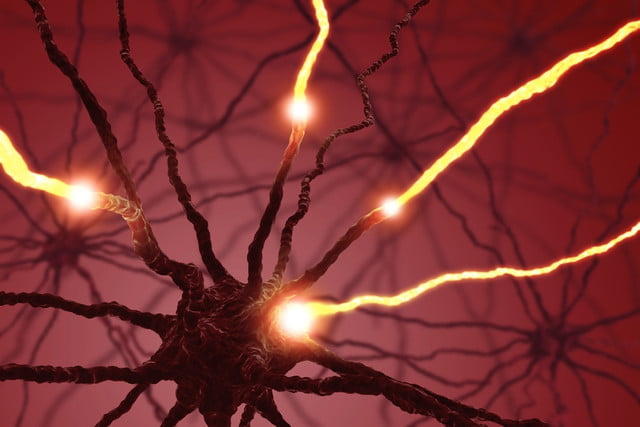
The information comes via Phys.org, which took a look at some recent work by Disney Research to apply deep learning concepts to figure out how audiences are reacting based on their facial expressions. So far, the methods are having better results than the organization’s usual techniques.
Researchers are using what they’re calling “factorized variational autoencoders,” or FVAEs, to use an audience member’s early facial expressions to predict how that person will react to a movie in its entirety. The data was gathered by using infrared cameras that monitored audience faces during 150 showings of a total of nine movies including Big Hero 6, The Jungle Book, and Star Wars: The Force Awakens.
According to Zhiwei Deng, a Simon Fraser University doctoral candidate who participated in the research, “The FVAEs were able to learn concepts such as smiling and laughing on their own. What’s more, they were able to show how these facial expressions correlated with humorous scenes.”
The real value of the neural net technology is that it allows the analysis of tremendous amounts of data, 16 million facial expressions generated by 3,179 audience members — much more than humans could evaluate without computerized assistance. By correlating common expressions between audience members, the system is capable of taking just a few minutes’ worth of facial expression data and learning a wide range of general facial expressions and then figuring out how audiences are likely to react to an entire movie.
Longer-term, the same techniques could be used to create models capable of making predictions from any kind of time series data. For example, studying how the wind affects a few trees could be used to model an entire forest. As Markus Gross, Disney Research vice president put it:
“We are all awash in data, so it is critical to find techniques that discover patterns automatically. Our research shows that deep learning techniques, which use neural networks and have revolutionized the field of artificial intelligence, are effective at reducing data while capturing its hidden patterns.”
Don’t be surprised, therefore, if you notice some extra cameras aimed your way while you’re viewing your next Disney film. It might just be that you’re contributing to Disney’s efforts to figure out just what it takes to make its next movie a blockbuster.



